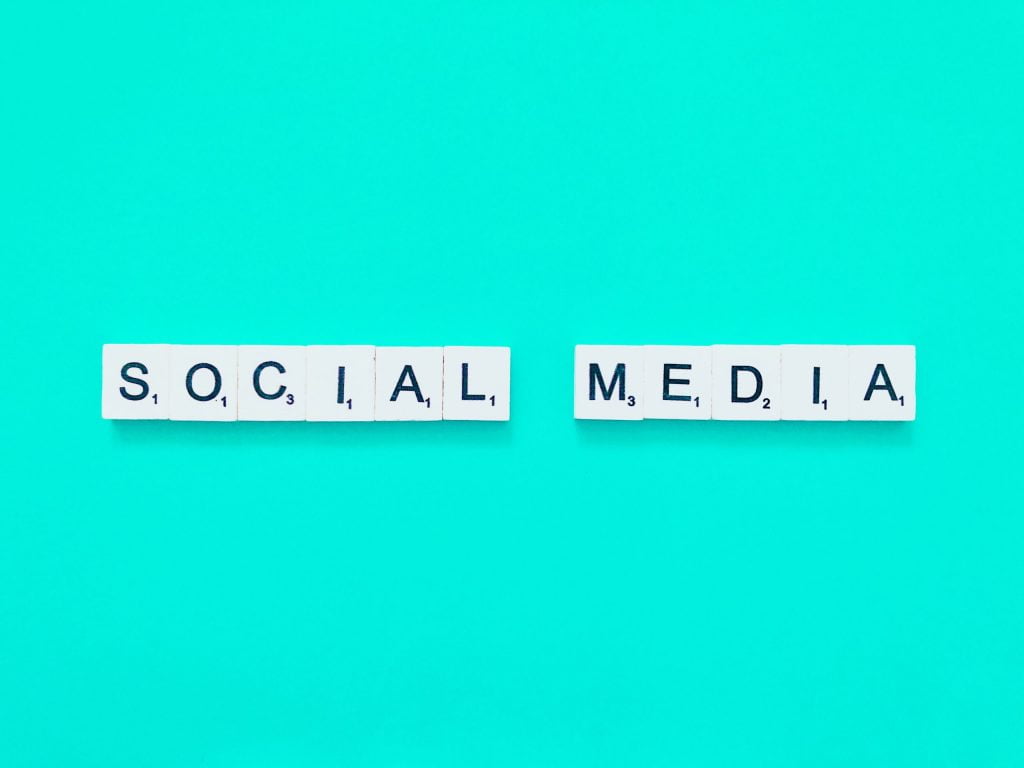Are you wondering if that embarrassing post from your teenage years will come back to haunt you during a background check? Or are you curious about what employers can see when they look you up online? Keep reading to find out what social media information can show up on a background check.
Does social media information show up in a background check?

A background check is a search of public and/or private records that are used to determine an individual’s eligibility for employment, housing, credit, or other purposes. The Fair Credit Reporting Act (FCRA) does not regulate what information shows up in a background check. That means that whether social media shows up in your report depends on the type of report that is ordered and how the company conducting the search chooses to compile its data. Typically, social media will not show up in most standard criminal history searches; however, if a person orders a more comprehensive report that includes social media data (e.g., name searches on various social media platforms), then that information could be included. For example, if someone utilizes BackgroundCheck.co, they can easily obtain information like email addresses, phone numbers, criminal records, marriage records, birth records, business records, and more through the background search function. If your social media account is tied to any of this information, then there is a higher likelihood that it will show up on the background check.
Can you request a copy of your own background check?
Yes, you can. Background reports may include social media information if the individual has requested that this information be included as part of the screening process. Your social media profile could provide some insights into your character, work ethic, and other personal information that could potentially impact your future. If you have any concerns about what might be included in your background check, you should use a website like BackgroundCheck to see what information will show up.
How do you dispute inaccurate information on a background check?
If you are concerned that there may be inaccurate information on your background check, you can dispute it. In order to dispute the information, you will need to provide evidence that shows that the information provided by the service is incorrect. This can be difficult to do if the information is not easily accessible. However, by providing documentation such as school transcripts or other verification, you can show that the information is inaccurate. If the information is from social media, you may be able to provide screenshots to show that the information is inaccurate. By disputing the information and providing evidence, you can hopefully get it removed from your background check.
Does Facebook information show up in background checks?

There is no one answer to this question as it depends on the particular background check service being used. However, many of these services do include information gleaned from social media platforms like Facebook in their reports. This can be a valuable source of information for employers conducting pre-employment screenings, as it can help them get a more complete picture of the candidate’s qualifications and character. However, there are some potential dangers associated with using social media information in this way. For one thing, the content on social media platforms is often not representative of the entire person. It can be easy to make snap judgments about someone based on what they post online, but this may not be accurate or fair. Additionally, there is always the possibility that sensitive information shared on social media could be used against the individual in a background check report.
Overall, social media information is becoming increasingly important when it comes to background checks.















